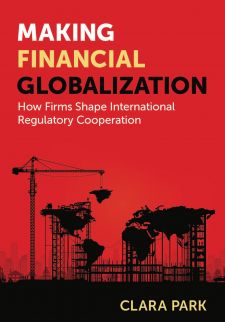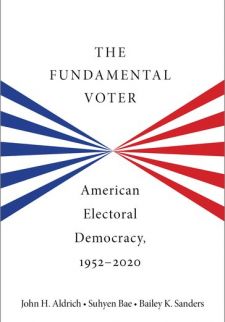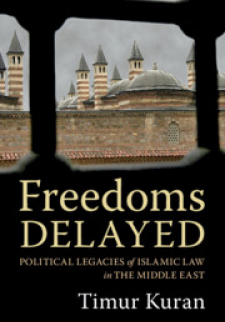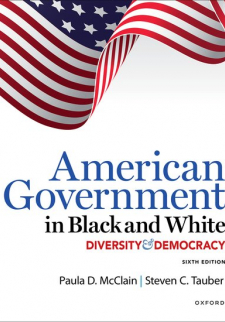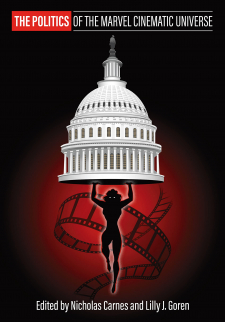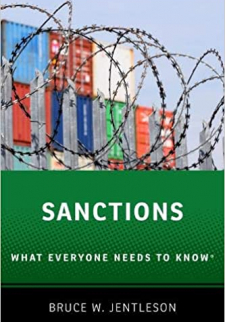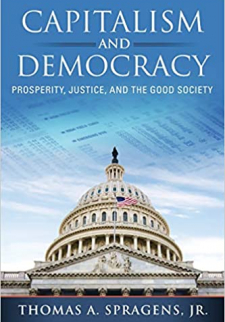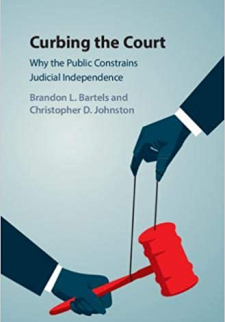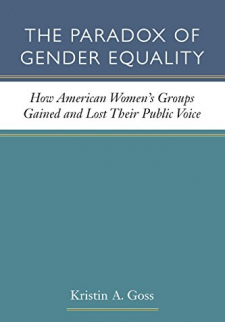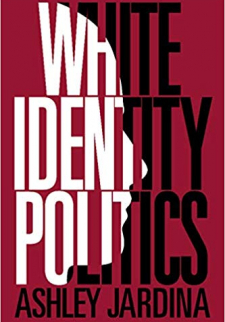News
Undergraduate Program
With an undergraduate major in political science, you will acquire a sophisticated understanding of political processes. More importantly, our major is designed to develop critical and independent thinking, to hone your writing and communication skills, and to provide you with analytical tools. Upon graduation, our majors are highly successful and pursue careers in diverse fields, including non-governmental and public interest organizations, think tanks, consulting, journalism, communications, local, state, and federal government, polling firms, finance, and business management. Many also go on to pursue graduate study in law, political science, public administration, or business administration.
Featured Courses
Graduate Programs
We place graduate research and training at the core of our mission. Three features define our approach to graduate education: ambition, innovation, and rigor. You will explore questions ranging from the micro-political economy of development, to the origins of state capacity, the relationship between ethnicity and conflict, the interplay between religion, money, and politics, or the ability of voters to articulate preferences in complex issue spaces. Our graduates begin working with faculty from the very first day, to gain an appreciation of the challenges involved in producing innovative research. This paves the way to your own intellectual development, the first milestone of which is a solo-authored research paper to be presented to the department during your third year in the program. From that point on, until the completion of the dissertation in year five, the focus is primarily on independent research.
Hire a Duke Ph.D.
Our Research
Our department is recognized as one of the premier political science departments in the world, and our faculty are leaders in their fields. The intellectual life of the department is organized around six subfields that broadly reflect the conceptual and theoretical range of questions addressed in political science. Of course, there are significant areas of overlap between these fields, and as a result, many faculty work in multiple fields.





















